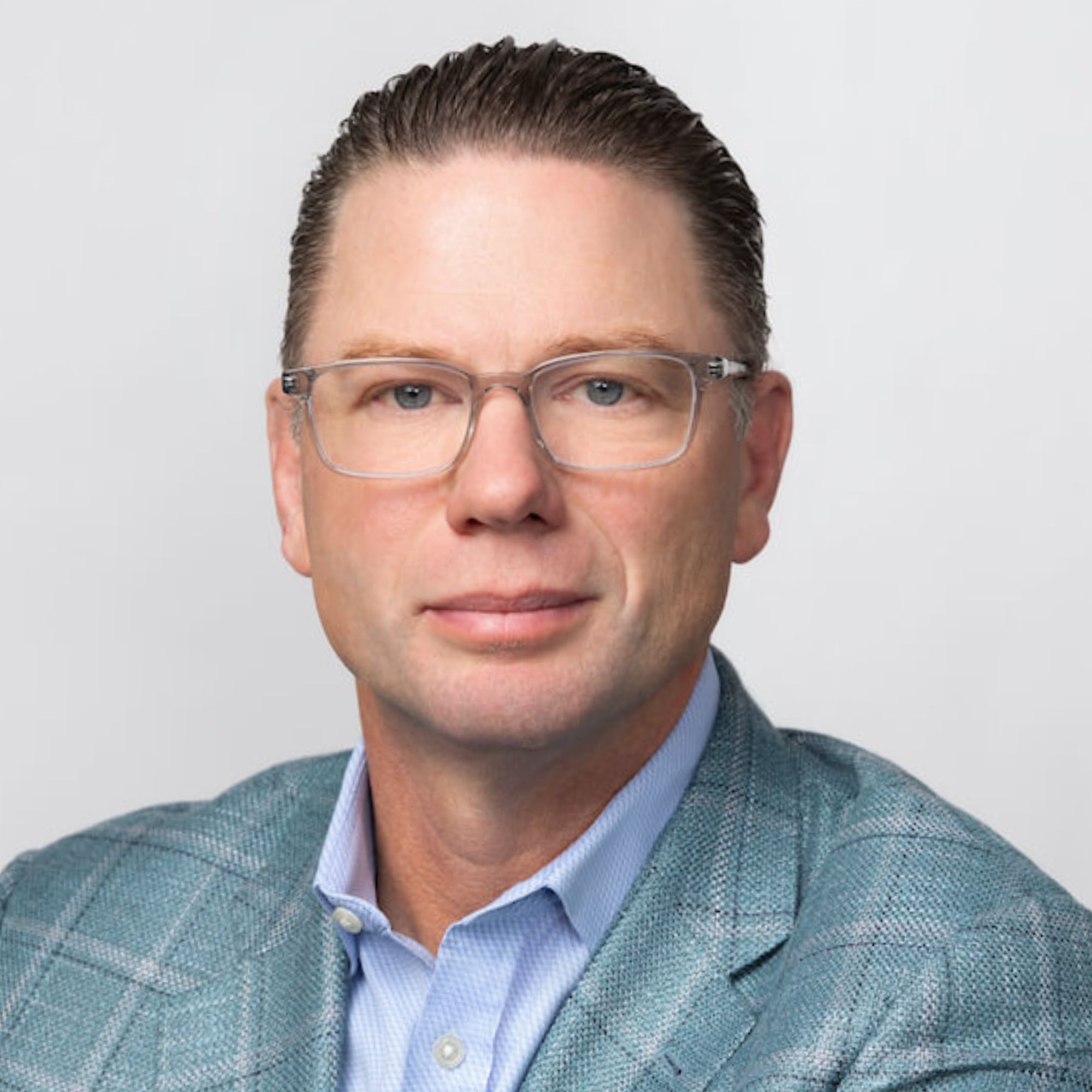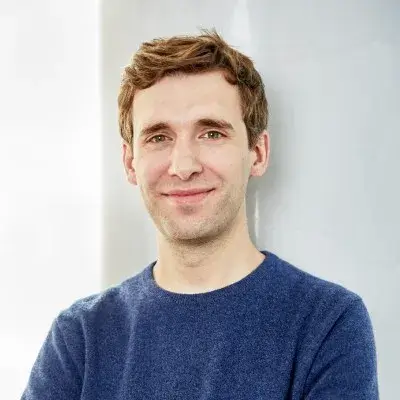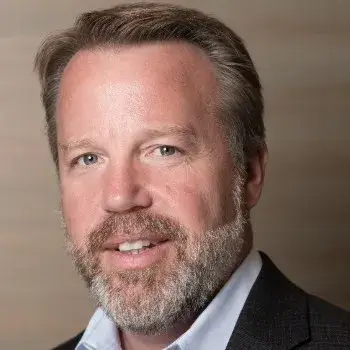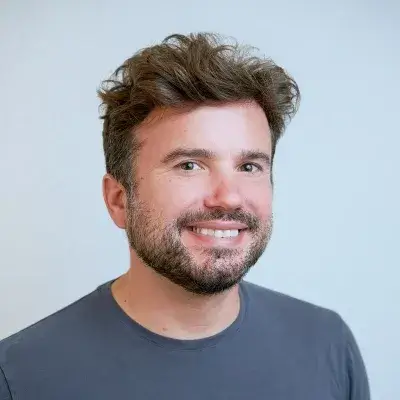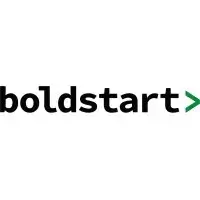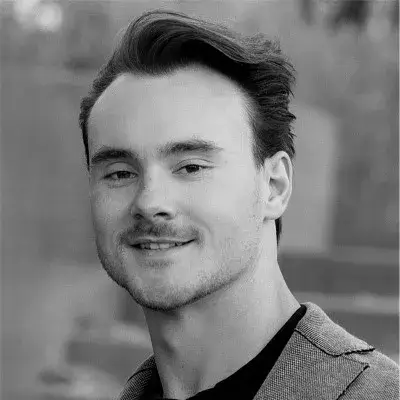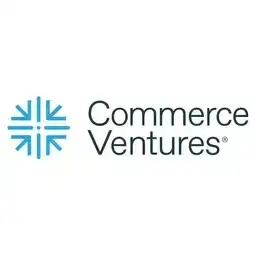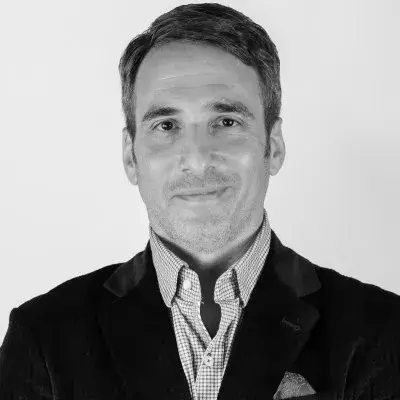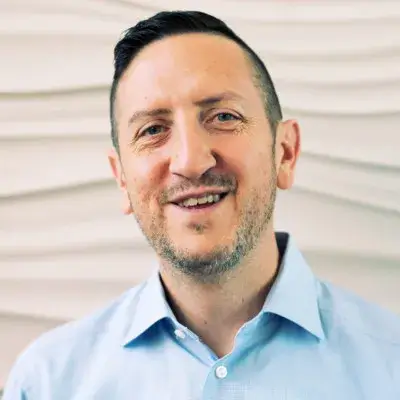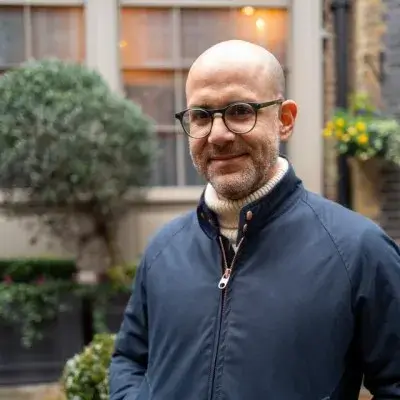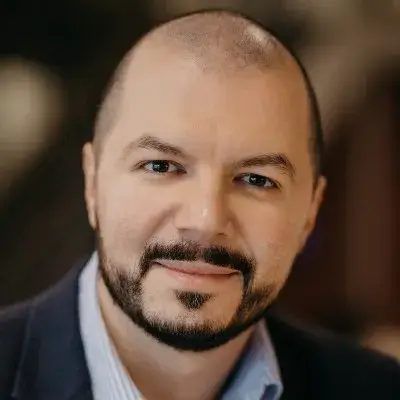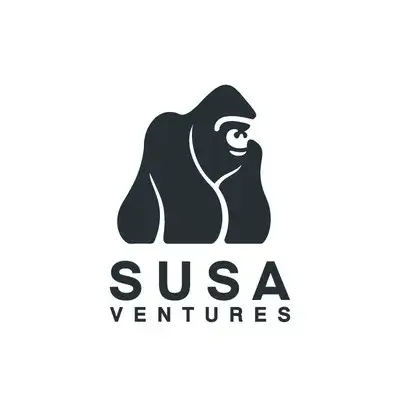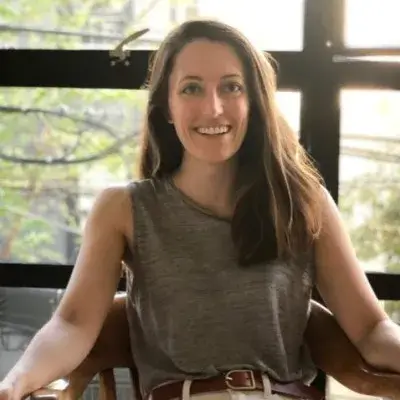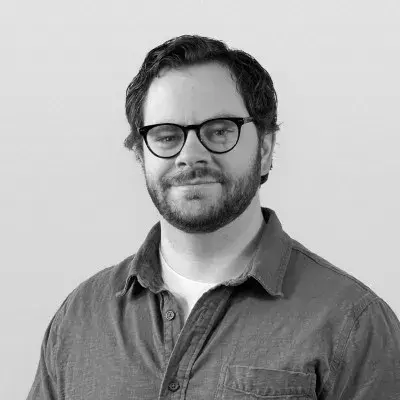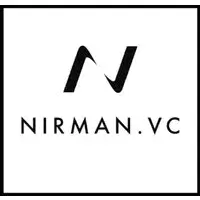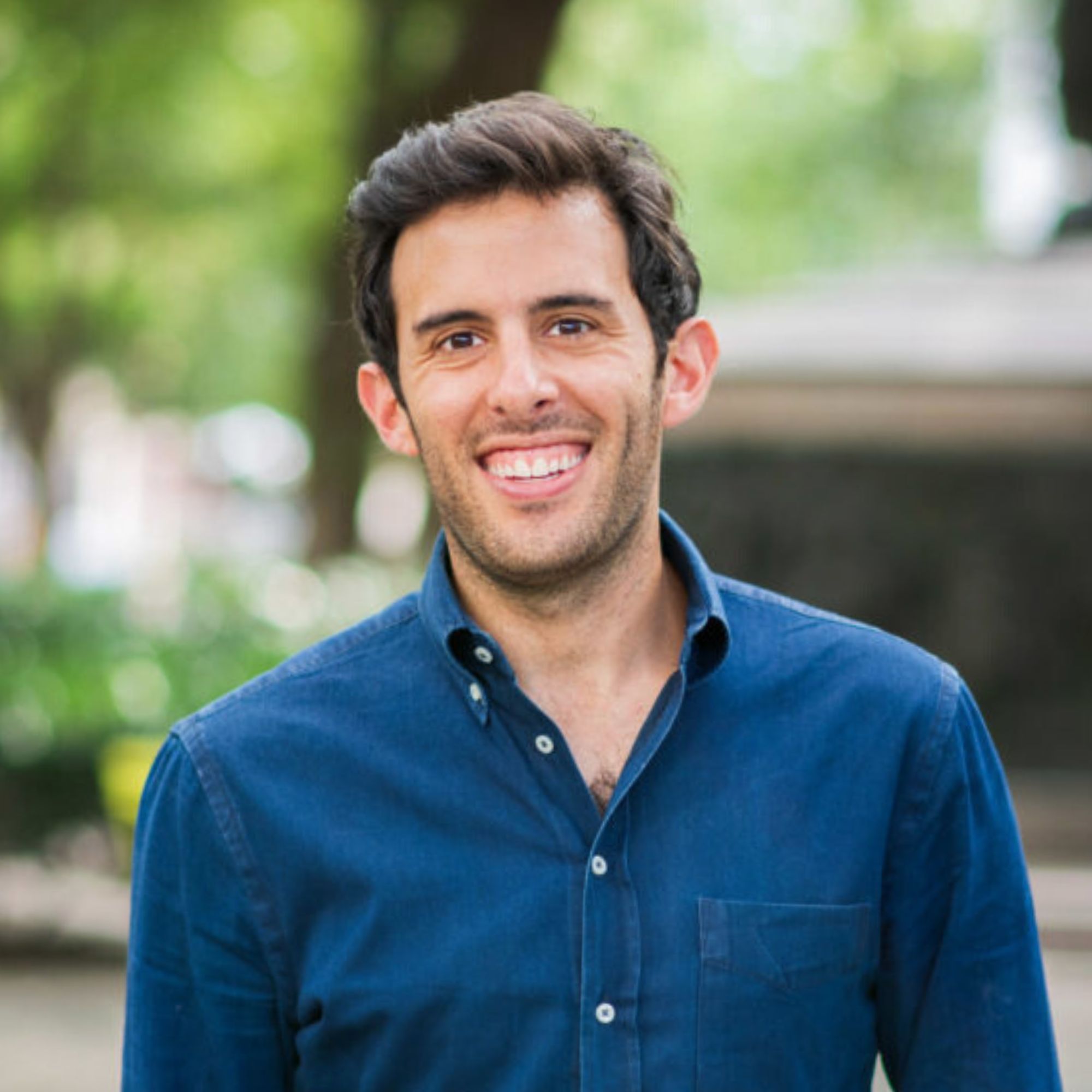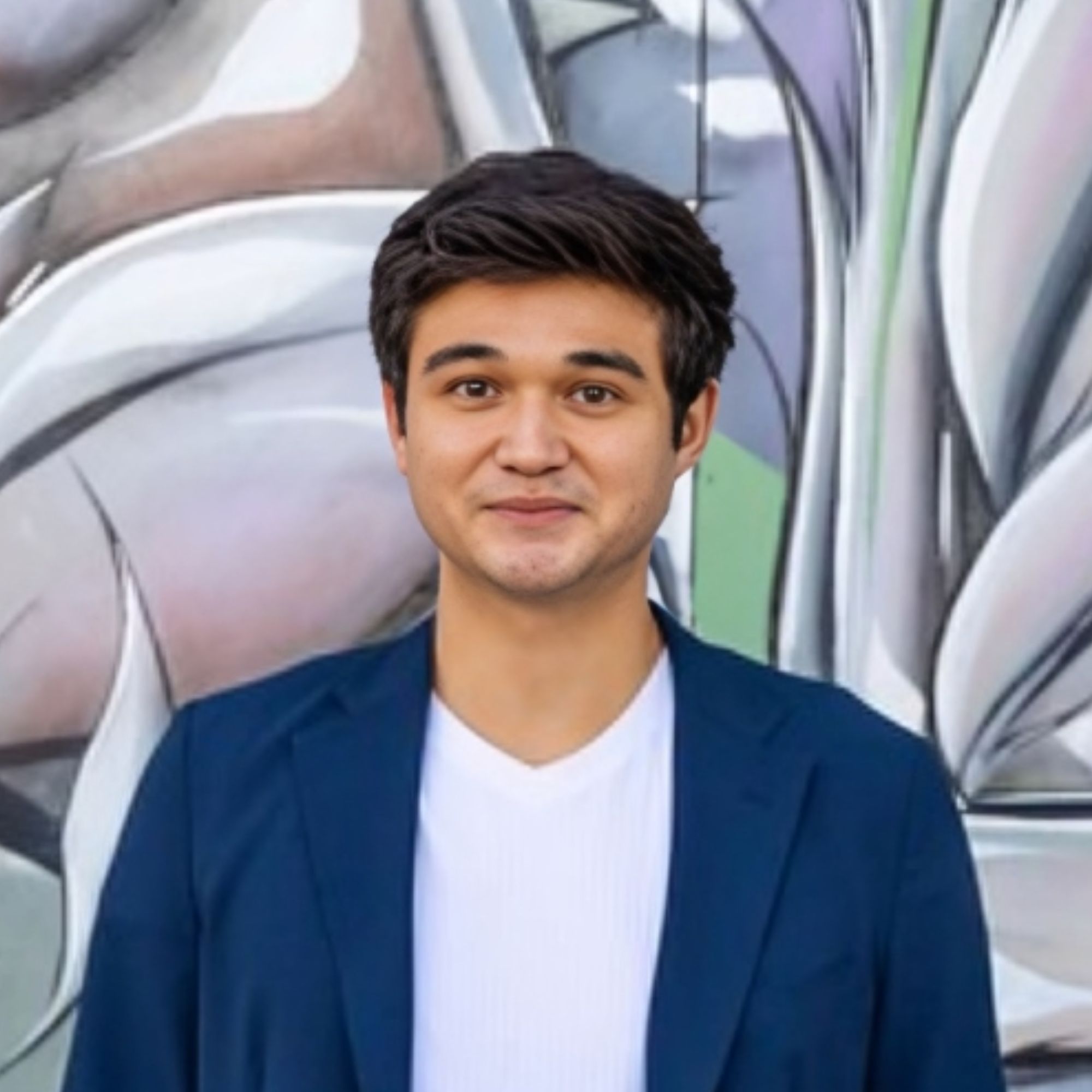Ready to launch your own podcast? Book a strategy call.
Frontlines.io | Where B2B Founders Talk GTM.
Strategic Communications Advisory For Visionary Founders
Conversation
Highlights
Here’s a long-form article based on the Category Visionaries interview with Axel Bichara:
Why Venture Capital is Returning to Its Roots: Insights from a Three-Decade Journey
The pendulum of venture capital is swinging back. After what Axel Bichara calls “probably the longest boom in venture history,” the industry is experiencing a profound reset. As founding partner of Balcony VC, a $100M pre-seed fund, Axel brings a unique perspective shaped by experiencing both sides of the table – first as a founder in 1987, and then as an investor through multiple market cycles.
The Evolution of Venture Capital
When Axel started his first company as an MIT student in the late 80s, venture capital was a different world. “It was like the good old days of venture capital,” he recalls. “Venture was a tiny nichey industry, very few people doing it. $50 million was a large fund back in the day.”
This intimate scale allowed for true partnerships between investors and founders. Investors would show up “with conviction, with real money, showed up for board meetings and helped us build a company.” This hands-on approach made such an impression on Axel that it shaped his future career path: “It was a wonderful experience, which was really the beginning of me getting interested into the venture business because I saw how investors operated.”
The Modern Venture Landscape
Fast forward to today, and the industry has transformed dramatically. “A lot of what’s called venture isn’t really venture capital anymore,” Axel observes. “A lot of what we called growth equity back then is called venture today.”
This shift has created a gap in the market – one that Balcony VC specifically aims to fill. “The essence of venture capital, of leading rounds and partnering with entrepreneurs and being hands on and building companies, that’s how I learned venture from the entrepreneur side back then. Very few people are doing that today.”
Back to Fundamentals
The current market correction is forcing a return to business fundamentals. Axel is direct in his criticism of recent trends: “Raising a large Round, being a unicorn and being Twitter famous, there’s a lot of that out there, but that doesn’t make anything a good business.”
Instead, Axel emphasizes two critical criteria for investment: “One is exceptional founder or founding team… somebody who’s done really interesting things in their lives is number one. And then number two, it needs to be a large market opportunity because the one thing you can’t fix is a market opportunity.”
The Creative Technologist Thesis
Balcony VC’s investment thesis centers on what Axel calls “creative technologists” – “People who understand technology but who have the creativity to see into the future, 5-10 years into the future and leverage trends in society to a vision for a company and are able to articulate that.”
This focus on the intersection of technology and societal trends has led them to invest in diverse areas, from engineering collaboration software to factory automation and healthcare innovation.
Avoiding Common Pitfalls
One of the most common mistakes Axel observes is premature scaling. “It is quite common to be too optimistic about achieving product market fit and business model proof. So people ramp up to burn rates too quickly.”
His advice is unequivocal: focus on capital efficiency and low burn rates “especially until you have product market fit and business model proof.” He emphasizes a crucial point about product development: “If you solve 99% of somebody’s problem, nobody will buy the product. You need to solve 100% of your customers problem.”
Looking Ahead
The next 12-24 months will likely see continued market adjustment. “Things will continue to slow down in terms of valuations, deal making, pace, et cetera,” Axel predicts. “We call it the tourists going away, both on the venture side and on the entrepreneurial side, and that’s a good thing.”
This reset, while challenging, creates opportunities for founders who embrace fundamental business principles. As Axel puts it, “in the long term, you really only make money if you build great businesses.” The key is patience – “we have the saying it takes most overnight successes take ten years.”
For founders navigating this environment, the path forward requires a return to basics: build great teams, create excellent products, maintain capital efficiency, and focus on the fundamentals of good business practices. In other words, exactly what venture capital was meant to support all along.


